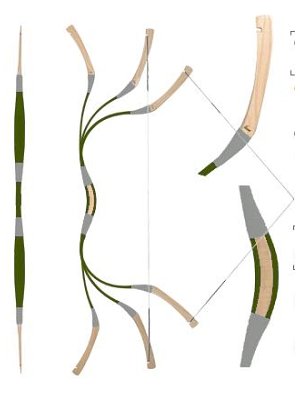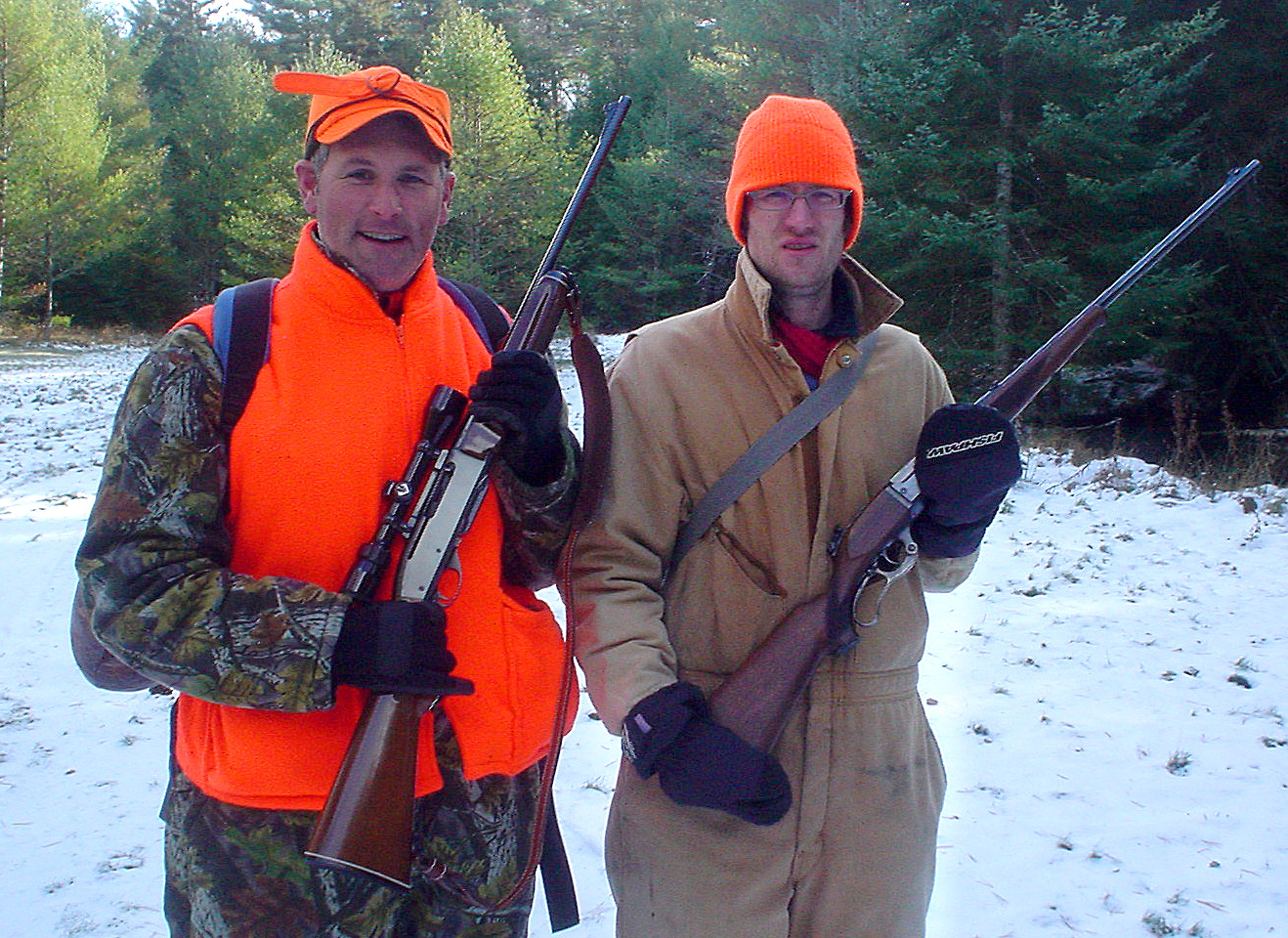At this colorful and autumnal time of year many hunting seasons are in full swing with more set to come on. It’s a great time of year to be outside as much as possible, 24/7, ideally.
I’ve posted little defenses of hunting here before, all googleable, I hope. But it bears repeating and refreshing.
Just like it shocks me to occasionally run into people who think it’s wrong that women preach from the pulpit, there are still people who are mixed up about hunting. Even sensible people.
Here are the basics that I hope are easy enough to follow:
*Most people eat meat.
*Wild meat is the best meat.
*Procuring your own meat is the best way to acquire meat.
*This means hunting, fishing, netting or gathering roadkill. It can also mean raising your own critters.
*As with gardens, so with meat. One needn’t do it all yourself to benefit from a little contact with the source or roots of your life. A small garden. Occasional hunting. Or at least thoughts, reflection, sympathy.
*People don’t kill animals for food because they dislike them. Just the opposite, they greatly appreciate them. They do not kill them because they think they are ugly. Just the opposite. They appreciate animals. They like to be around them. They think they are beautiful.
*Hunters don’t like to kill animals. Farmers don’t like to kill animals. Slaughterhouse workers don’t like to kill animals. Death isn’t something to like. But it is part of getting meat and part of life. There is a responsibility in hunting that hunters rise to the occasion of and learn the skills involved. This is why hunting always has been and is still considered a rite of passage for youths coming of age.
*Necessity isn’t the question. Humans don’t only do things because they must. We don’t need to hunt to eat, true. But we don’t need hardly anything we do around food. We only need vitamins and sugar. We only need a prison cell for warmth and to keep water off of us. Humans are creative and want to do more than is needed. They need to do so. Other humans also seem to have a need to try to control each other, often just to make them conform to personal druthers and whim. there is an interest in indulging judgement against others, a desire to feel superior. These vices function best with others who we treat as “Other,” who we are ignorant about and about subjects we are ignorant about. Like all vices, they are embarrassing.
*Not hunting — or being vegetarian, vegan, fruitatarian, or living-foods diet — can be part of someone’s religion or consciousness project, but, obviously, it doesn’t reflect on anyone but the person practicing. Meat, is nutritious — the whole animal (as eaten by other animals and indigenous people) being most nutritious of all and of near-total nutritional sufficiency.
*There is also a safety challenge. Hunters rise to a far higher level of demonstrated competence than most other public activities, with only a few relevant injuries per millions of outings. Much safer and more competent than other generally public activities.
*If it was right for anyone ever, then it is right for anyone now. Hunting is a way we can connect to all people and times. Indians hunted, and still hunt, for subsistence. So do many millions of other people, even in the USA. Any hunter’s experience *can* be as legit as any other’s, over all time.
*Hunting is often done by people who wish to maintain a higher level of freedom and nobility than is possessed by those who have money. It is often done in a way that is supremely sound economically. It is free meat that creates more freedom in the taking. The hunter hasn’t lost anything but has gained in important ways, and in food, thanks to his efforts. To be sure the nomad’s values aren’t the only ones but they aren’t to be demeaned; they have advantages. To deprive people of hunting is to impoverish them and to make them unwilling clients of a tyranny. (This is not to say that many hunters aren’t exploited and wasteful.)
*Hunters spend a lot of time outdoors. They are the biggest conservationists in the world. They donate the most land and money. They save more animals than anyone else. Many animals which were decimated by habitat loss are now plentiful, thanks mostly to hunters.
*Hunting has the least negative impact on biodiversity of any food-gathering. It is very low impact. Hunters can live in nature leaving it “as is,” taking surpluses like any predator does. By an unmeasurably larger contrast, farming (for vegetables) annihilates the biodiversity of any acre where it is practiced. Farming has at least as bad an impact as suburban sprawl.
*Animals are expendable. If a group of most animals has some removed from it they do not change. Many times animals will continue to do what they were doing before one of their group was killed. A herd of deer or a school of fish is not qualitatively or potentially lesser for having 15 members as compared to 20 the day before. Of course, too much hunting/fishing can have a bad impact. This is prevented and monitored for by those who are most concerned: the hunters/fishermen.
*There might not be enough wild game to go around, so limits are established and resource sharing agreed to so that those who wish to partake may.



